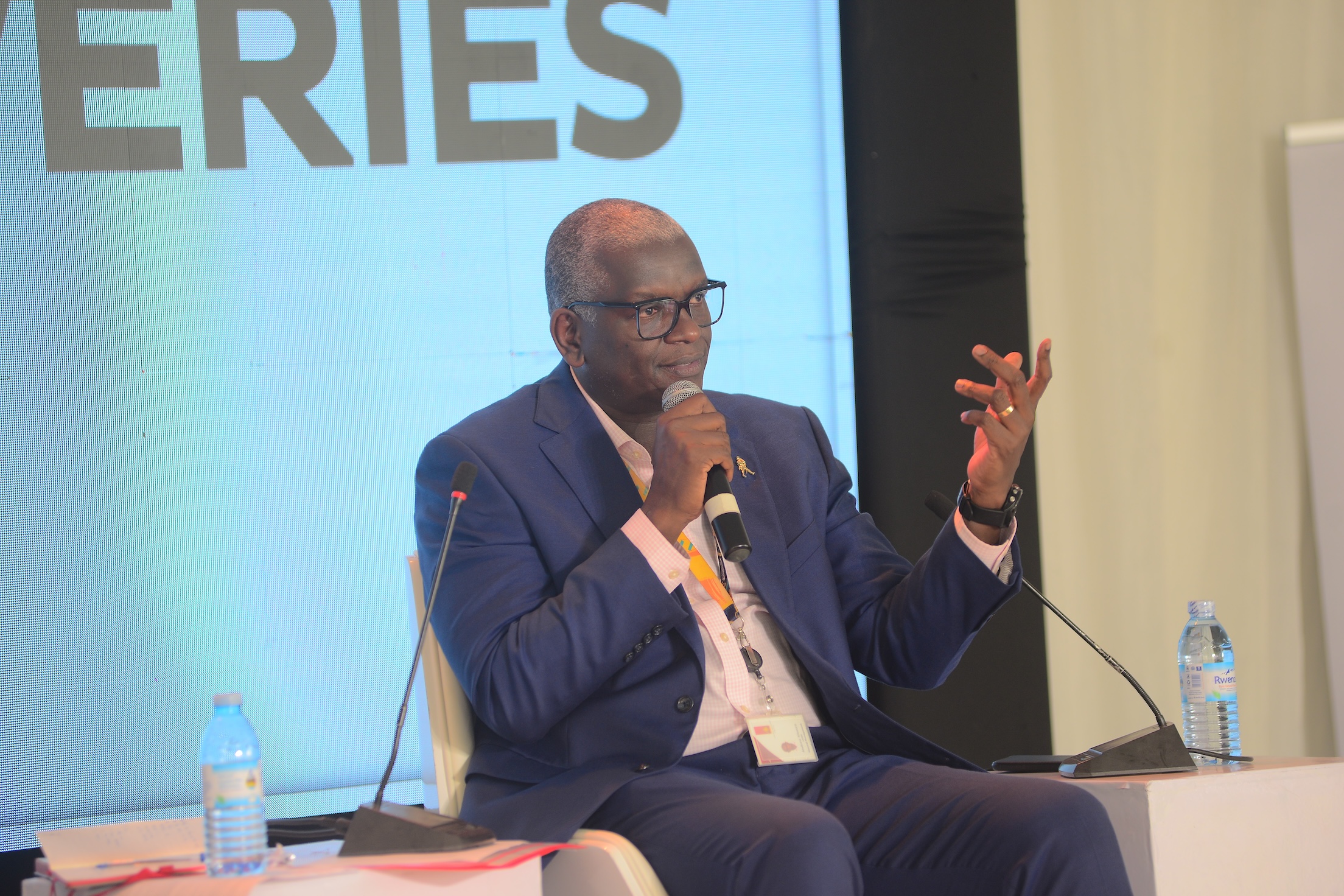Manufacturing sector players have asked the government to reduce the cost of digital tax stamps (DTS) in a bid to drive usage by all targeted users. According to manufacturers, the…
Manufacturers urge government to cut down costs of Digital Tax Stamps to increase usage and revenue yield


